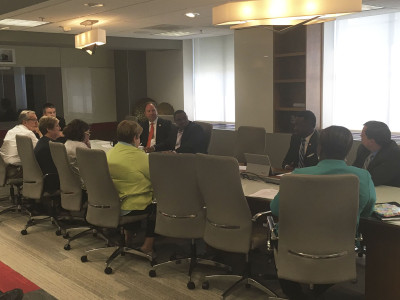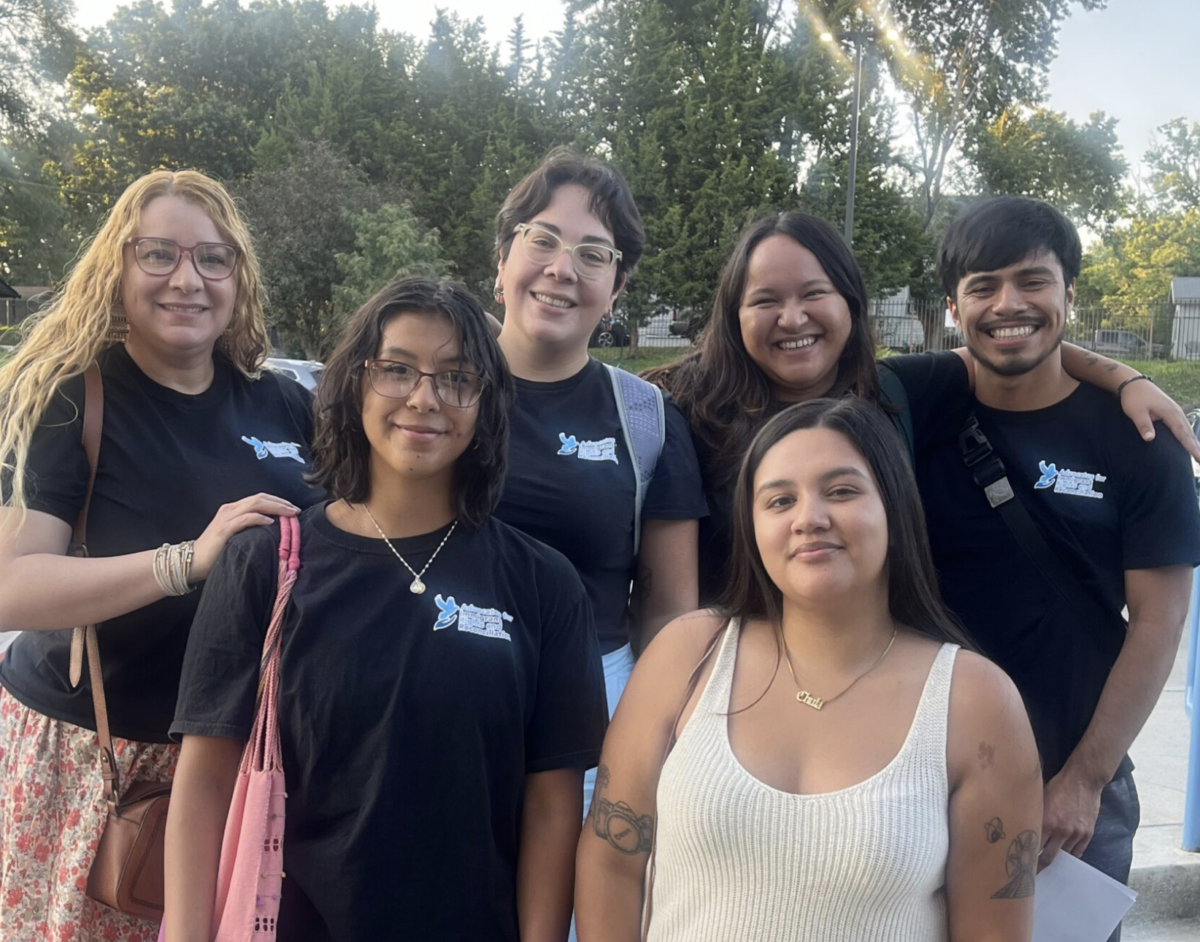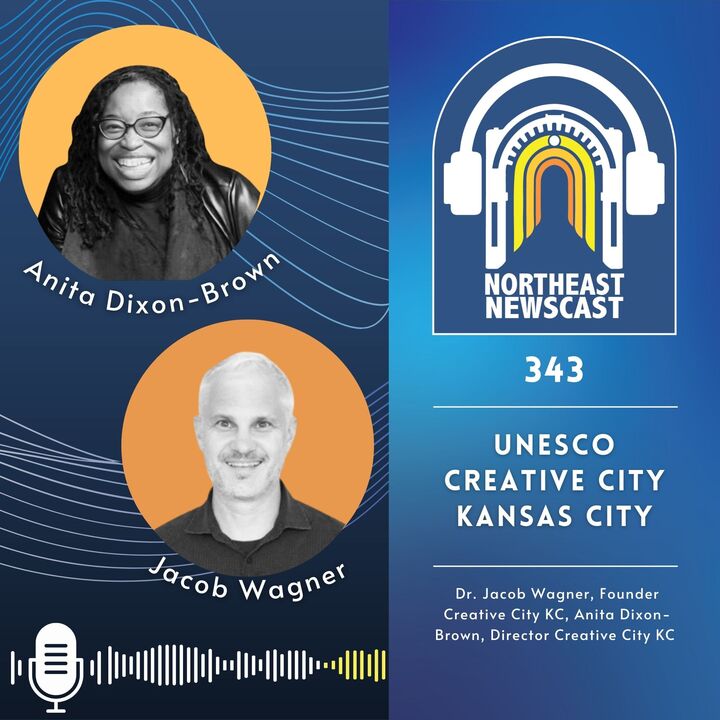By Paul Thompson
Northeast News
June 12, 2016
KANSAS CITY, Missouri – An amended version of the 18th and Vine Historic District redevelopment plan has the Kansas City Council closer than ever to approving the much-discussed ordinance.
Although 6th District Councilman Kevin McManus, 1st District Councilwoman Heather Hall, and Mayor Sly James were absent, the rest of the council seemed to coalesce around a $7 million compromise regarding the once-$27.6 million proposal during a work session at City Hall on Tuesday, July 12.
Mayor Pro Tem Scott Wagner began the work session by acknowledging that council discussions had advanced since last Thursday’s legislative session failed to produce a vote regarding the 18th and Vine ordinance. The new proposal includes a $7 million investment in Phase I of the project, instructs the city manager to pursue the creation of a Community Improvement District, calls for the council to hire an experienced property management firm to manage the project, and allows for one-third of scheduled debt service payments for Phase I to be paid by 3rd District in-district funds. The amended ordinance also recognizes that Phases II and III of the project remain “equally essential to the economic vitality” of the district, and directs the city manager to include funding for those phases within general obligation bond proceeds, special obligation bond proceeds, or submitted budgets. Despite this direction, no concrete funds are explicitly set aside under the amended ordinance, which allows the council to pursue alternative funding options for those phases.
“One of the things that we talked about in great detail are alternatives to a direct city injection,” said Wagner. “The idea I think that we came away with was really noting multiple opportunities to find other sources beyond just our own direct injection of funding.”
While the amended ordinance still includes many facets of the plan’s initially-proposed first phase, it also includes triggers for future phases that require leveraged funds, business plans, receipts of proposals that meet the city’s goals, and commitments for capital funds from private entities. If those triggers aren’t hit, there appears to be no guarantees that future phases will proceed.
If passed, the ordinance will still transfer several properties into city control. The only buildings in the district that won’t be owned by the city if the ordinance is approved are The Call’s headquarters, the Mutual Musician’s Foundation, and the Black Economic Union of KC building. The ordinance would also create an oversight committee – filled with both public and private stakeholders – that would manage the district. Such a committee was already structured in 2014, but was not put in place at the time because the city did not own all of the properties in the district.
“Once all the properties have been acquired, it would fall under the purview of that committee, much like the City Market oversight committee,” said Wagner.
3rd District Councilman Jermaine Reed, who sponsors the ordinance, expressed cautious optimism that the compromise could be passed by the City Council as soon as Thursday, July 14.
“I’m hopeful that this is something that everyone on the council can agree on,” said Reed during the work session. “We wanted to come to the council with a proposal that maybe we can discuss and talk through.”
4th District Councilwoman Katheryn Shields noted during the meeting that she was very happy with the outcome of the council’s compromise efforts.
“It provides for the preservation of the historic buildings to the extent possible, particularly the Boone Theatre,” said Shields. “In my mind, it’s hard to have a Historic 18th and Vine if there’s nothing historic there. I think that’s a very important part of it.”
While the council members at the work session expressed contentment regarding the amended ordinance, Reed wasn’t yet satisfied to rest on his laurels ahead of a potential July 14 vote.
“I still solicit your votes. I welcome the opportunity to discuss,” said Reed as the meeting concluded. “Instead of saying hi to you, I’m going to ask if you are a yes or a no. Then we can get to hello.”



















